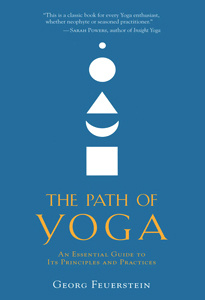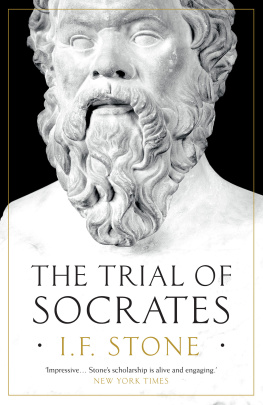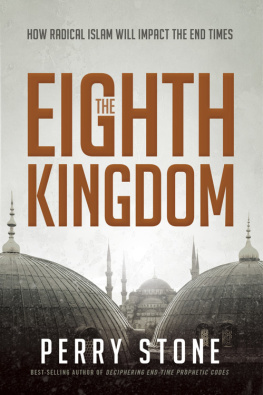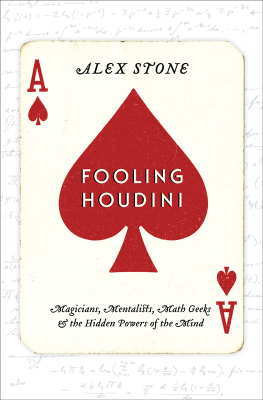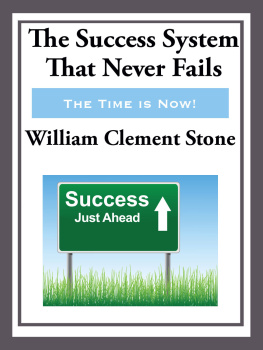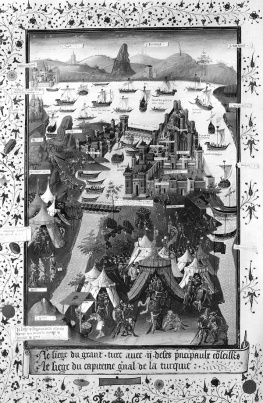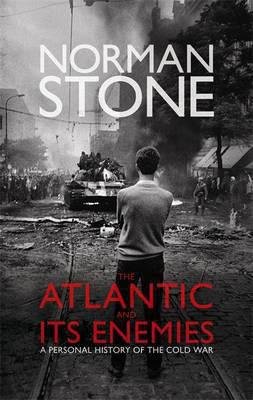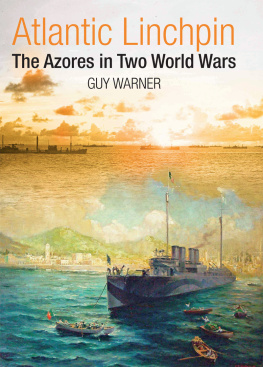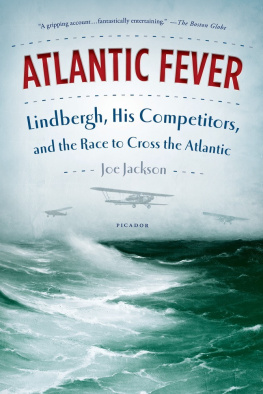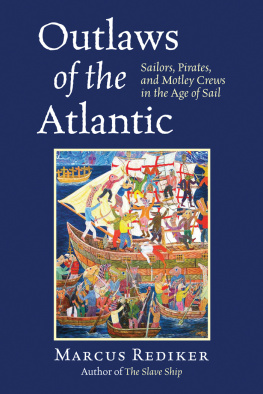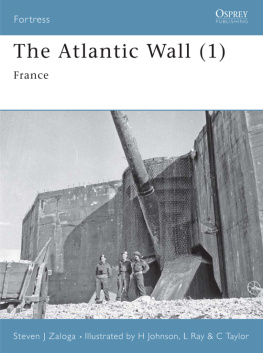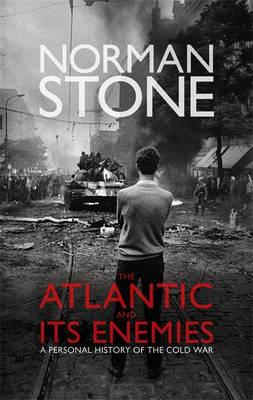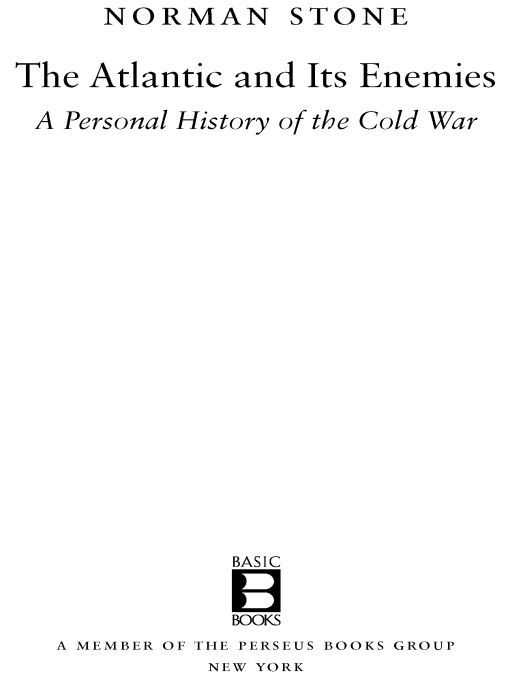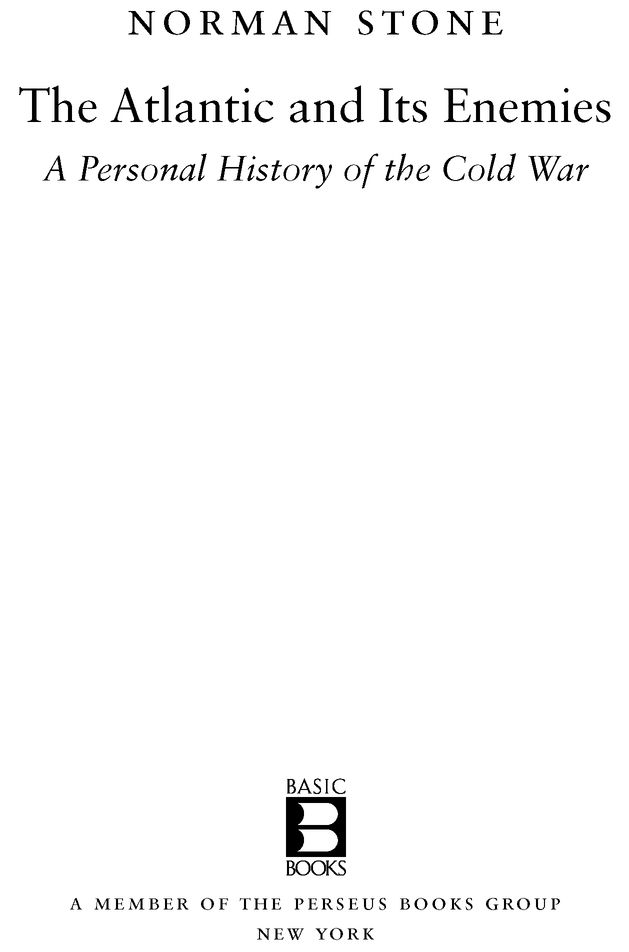Table of Contents
For mer Ko
Introduction
Books on the twentieth century tend to be either encyclopedias or tracts. I have a certain weakness for the tract approach: it makes for readability, because, as Pirandello said, facts are like sacks, which do not hold up unless you put something into them. If asked to recommend a book on this subject, I always suggest Paul Johnsons Modern Times, written from - on the whole - the Right, or Eric Hobsbawms Age of Extremes, written from a head-shaking Left. Each is very good on the vices of the other.
I am not a tractarian. This book began life as a history of the entire twentieth century, but I soon realized that the task was too great, not least because the two halves of the century were so different. Churchill and Hitler were old-fashioned figures, looking back to the nineteenth century, but 1945 was, as the Germans called it, Stunde Null, when things started anew. There had been a three-cornered international battle, between Fascism, Communism and what, for want of a more accurate word, we have to call liberalism, i.e. the free-market-democracy world of which the USA became the pre-eminent representative. Fascism lost, and quite soon the other two were fighting the Cold War, which ended fifty years later. Capitalism was not in splendid shape, and it lost various tricks in the fifties. Of course, in 1989, it won, and even triumphed: as a Soviet marshal said, the Soviet Union had lost the third world war without firing a shot. However, the triumphalism of 1989 did not really last for very long, and, with financial and other troubles, the world was back, in a sense, to the doubts and compromises that had marked the 1970s. Back then, it was the Left that, on the whole, might appear triumphalist, and it is as well to be reminded of the swings and roundabouts in these matters.
In the fifties, a great many people assumed that the Soviet system was superior. Perhaps the greatest symbol of this was Sputnik in 1957, the first man-made satellite in space. It came from a country which, back in 1914, had been by European standards well behind - two thirds of the railwaymen illiterate, for instance. But the concentration on education in Soviet Russia was extraordinary, even reaching far into backward Central Asia. One of my earliest semi-adult memories is a visit to the Brussels Exhibition of 1958, taken there by a splendid French family with whom, for a month at a time over four years, I did an exchange. They, the Simottels of Brest, were well-off, and we, my mother school-teaching in Glasgow, an RAF war widow, were not: Madame Simottel understood, and was superb (and even sent me to a Franco-German establishment in Lindau, on Lake Constance, where I learned to massacre German in the French manner). The bus from Brest to Brussels stopped off in Amiens, and we went to the cathedral, which, since I knew that Amiens had been the main town for the British army in the First World War, moved me greatly. In Brussels, where the exhibition was marked by an Atomium - there was a European Atomic Community, though it never took off - the various states showed off, and the Soviet one was best.
The British Pavilion was not bad, not bad at all, but it was very old-fashioned (not a bad thing - subsequent efforts, as with the Dome, verged on the farcical, and the British should just stick to old formulas: it was stained-glass windows, Benjamin Britten, and a general air of reverential hush; it got the third prize). The French one dwelled on the wonderful things that France was doing in Algeria (they were all going to leave, in four years, and at fifteen I had made myself unloved in Brest by predicting this). The American one was boring; kitchen equipment or something. The Soviet one had Sputnik, I suppose, but I remember a room with recordings of Oistrakh doing the Tchaikovsky violin concerto, and, at seventeen, you are forgiven for succumbing. Nowadays, I have what must be a complete collection of everything that Svyatoslav Richter ever played, though nothing could ever replace those live performances, and I have never forgotten the Hammerklavier that he performed at Kings College, Cambridge, in 1975 or 1976, peace to his rather tortured soul. As things have turned out, it was the Michael Jacksons (his rather mercenary obsequies proceeding as I write, in late July 2009) who won. Why, is a good question, to which I wish I had a dogmatic answer. A Russian in New York asked, in bewilderment, why is it that, with a system of education five times better, we have an economy five times worse? In this book, I have tried to answer such questions. The Atlantic world won, warts and all.
In this book, Communism is central, but so is the other great theme, the extraordinary vigour of the capitalist (Hayek tried to find another word, and failed) world. It has helped that I have been here before. In some ways, this book is a continuation of an earlier one, Europe Transformed 1878-1919. In that period, free-market democracy, or whichever word you want to use, spread, and the British were at the centre of the world system. Even then, something of an Atlantic system was building up, the British by far the largest investors in the United States, although, as the great economic crash of the early 1930s was to show, the Americans were not yet up to the world-wide responsibilities that their economic weight entailed. It was particularly absurd to slap a tariff against the exports of countries that owed money to the USA and could not pay, except if they exported, but other things went wrong as well, including the collapse of thousands of banks. It was only in the later thirties, and especially during the Second World War, that these matters were responsibly managed, and after 1947 (when my book really starts) there was an extraordinary boom in the West, the Atlantic world of my title. Its symbol has been the extraordinary growth of English, the language, as a French ambassador sagely remarked, that is easiest to speak badly. Nowadays, when I have to introduce this subject to Turkish students, I ask them to bear in mind that they use the language, wear the clothes, and - sadly - listen to the music or eat the fast food (in a superior version) of the Atlantic.
The post-1947 era has had a great many resemblances, of a greatgrandfatherly kind, to the present. Marvellous inventions, ultimately the computer and the internet, are part of the story. However, before we succumb in admiring speechlessness, it is worth remembering that the later nineteenth century was there before us, so much so that I refuse to regard globalization, an ugly word in any event, as something new. By 1890, there had been wonderful inventions: horses and carts to aircraft in a generation. One of my earliest memories is of being taken by my mother to see a friend of hers, whose grandmother, aged about a hundred, was bed-ridden but otherwise in good order. She told me what it had been like to have a dental operation, in rural Scotland, in what must have been about 1848. The story went: barn-yard table, two large glasses of whisky, string round tooth, other end attached to door of barn, slammed shut; half tooth off; more whisky, then stable chisel used to extract rest of tooth (little girl then lives for ever). By 1900, there would have been ether to knock her out. By 1948, when my own dental visits started, a drill worked by the dentists foot, and I still dread a visit to the dentist, but my splendid Turkish dentist now understands why I need a jab even for tooth-cleaning. Andrew Wilson, in his


